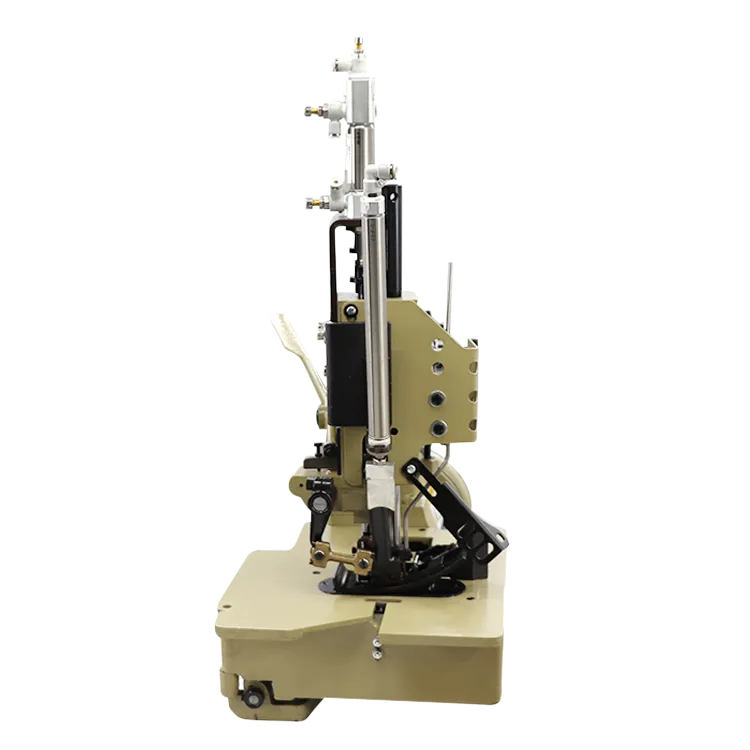how to use a double needle
How to Use a Double Needle for Sewing Projects
Using a double needle is an excellent way to enhance your sewing projects, providing a professional finish and a unique decorative touch. This technique is particularly popular for hemming stretch fabrics, such as knits, and for adding parallel lines of stitching. Here’s a simple guide on how to effectively use a double needle in your sewing endeavors.
Choosing the Right Needle
Before you begin, it's important to select an appropriate double needle for your project. Double needles come in various widths and lengths (commonly 1.6mm to 4.0mm), as well as different types, such as standard and ballpoint. If you’re working with knit fabrics, opt for a ballpoint double needle to prevent snagging or damaging the fabric. Ensure your sewing machine can accommodate a double needle, as not all machines are equipped for this.
Installing the Double Needle
To install the double needle, first, turn off your sewing machine for safety. Remove the single needle currently in use and insert the double needle into the needle clamp, ensuring that it is pushed all the way up and secured tightly. Make sure the two needles are aligned correctly — they should be placed side by side. Next, adjust the thread setup you will need to use two spools of thread. Place one spool on the normal spool pin and the second spool on a secondary pin (or use a thread guide) to prevent tangling.
Threading the Machine
how to use a double needle

Thread both needles with separate threads. Start by threading the left needle and then the right. It’s crucial to guide the threads through the machine’s tension and guides as you would with a single needle. Remember to keep the threads separate and avoid twisting them around each other.
Sewing with the Double Needle
Now you’re ready to sew! Set your sewing machine to a straight stitch or a zigzag stitch, depending on your fabric type. When you start sewing, keep a steady pace, allowing the machine to feed the fabric evenly. The double needle will create two parallel lines of stitching on the front side, while the back will show interlocking stitches.
Finishing Touches
Once you’re finished sewing, you can remove any excess thread and give your project a final press with an iron if necessary. The double stitching not only adds strength but also a beautiful detail that elevates your sewing projects.
In conclusion, a double needle is a versatile tool that can transform the way you sew, making your projects both functional and aesthetically pleasing. With a little practice, you’ll be able to incorporate this technique into your sewing repertoire seamlessly. Happy sewing!
-
Industrial Cylinder Arm Sewing Machine: Revolutionizing Heavy-Duty SewingNewsJul.28,2025
-
Cylinder Arm Sewing Machine: Perfect for Special Sewing ApplicationsNewsJul.28,2025
-
Cylinder Bed Sewing Machine: Essential for Sewing Complex MaterialsNewsJul.28,2025
-
Heavy Duty Sewing Machine: The Essential Tool for Industrial ApplicationsNewsJul.28,2025
-
Computerized Pattern Sewing Machine: Revolutionizing Precision StitchingNewsJul.28,2025
-
Heavy Duty Industrial Sewing Machine: Power Meets PrecisionNewsJul.28,2025
-
Leather Sewing Machine: The Industrial Standard for Tough MaterialsNewsJul.18,2025





























